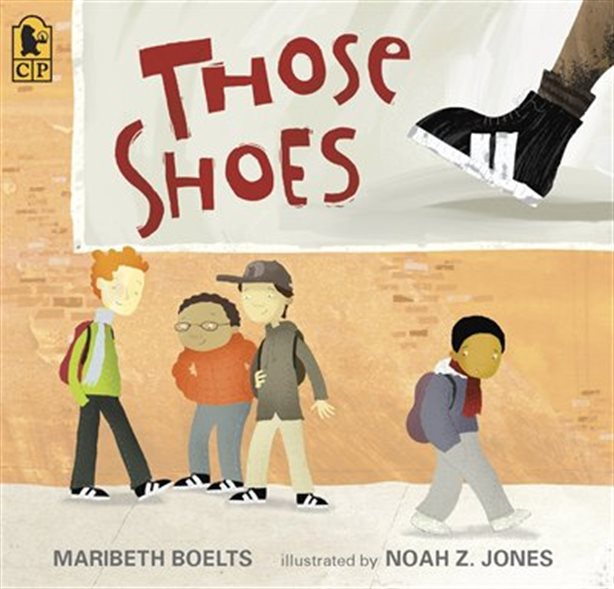Unfortunately, Mean Girls is not just an iconic Lindsey Lohan movie, it is a behaviour that is common among girls, and can start as young as age 3. The technical term for this behaviour is relational aggression – a form of bullying that has the goal of damaging an individual’s relationships or social experiences. We are all aware of the phrases “you can’t come to my birthday” or “you aren’t my best friend any more”. Why is this behaviour more common in young girls?
Some researchers believe that girls engage in verbal aggression verses the physical aggression that their male peers participate in because they are more socially aware and have stronger vocabularies at a young age. It is also noticed that girls seek out and rely on a tight group of friends to help them feel secure and confident; therefore, they are in more exclusive friend groups then boys. But, young children, in general, are at the height of establishing their roles and identity and this stage of development can lead to insecure feelings which can also result in children participating in this form of bullying.
The phrase sticks and stones can break my bones but names will never harm me is far from the truth. The name calling and social alienation that mean girl behaviour causes has huge impact on children. These behaviours can often go unnoticed because they most commonly occur during an unstructured time, such a recess, making it hard for teachers or care providers to be aware and intervene. Below, are some strategies for parents on how to navigate and avoid the mean girl phase:
Be the Role Model!
Our kids are always watching us and learning from what we do. Be aware of your behaviour and how you speak about and to others. This is especially important between mothers and daughters. It is also valuable for parents to share with their children the qualities that their own friends have and how their friends make them feel good. This sharing helps children become more aware of the positive qualities that they should be looking for in the people they spend time with.
Encourage Your Child To Have Diverse Friend Groups
Having different friend groups encourages kids to have and practice different roles depending on the group they are in and multiple friend groups help children manage their feelings around difficult relationships. For example, if your child is having a difficult time with one friend group, they can rely on their other groups to help them cope, manage their difficult feelings, restore their confidence and maintain overall happiness.
Stop and Listen
If your child is involved in frenemy drama (whether they are the perpetrator or the victim), it is important for parents to realize that this is not just a phase or an issue that will blow over. Stop, and listen to your child. Give your child the skills and tools to help work through this phase, whether it is knowing how to stand up for themselves and seek out help or, if it is learning and practicing positive ways to engage and interact with others.

Promote Empathy and Kindness in Your Home
Make sure your children understand what empathy means and are aware of the different ways that they can show kindness to others. Children’s story books on these topics are a wonderful resource for parents for teaching these skills and qualities.






